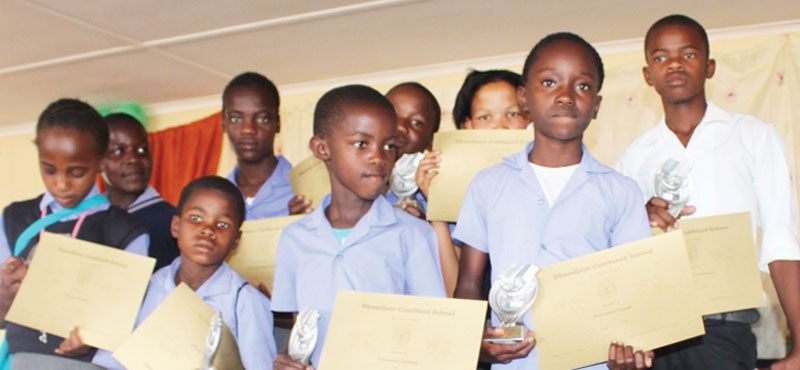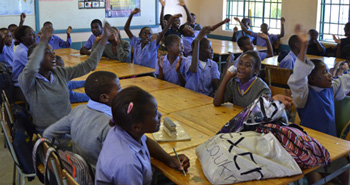
Free education from pre-primary to secondary
The Ministry of Education, Arts and Culture, in collaboration with the United Nations Children’s Fund (UNICEF), earlier this week held a media briefing on the new Education Bill to the committee members of the Standing Committee on Human Resources, Social and Community Development for enactment in which it detailed that education will free from pre-primary to secondary education levels.
The review of the Education bill was conducted by the Ministry of Education, Arts and Culture in 2015 with financial and technical support from UNICEF, and the European Union which conducted an extensive review of Education Act 16 of 2001, under the theme “Act Now to Ensure Quality Education in Namibia!”. The review allowed for the participatory process which included detailed discussion of critical issues at hand.
Speaking at the media briefing the Deputy Minister of Education, Hon. Anna Nghipondoka said that since 2001, there had been a number of important developments in national and international policies governing education, including Namibia’s vision 2030 and Namibia’s third and fourth National Development Plans. “There has also been progress in the conceptual approach to the Rights-based Framework to education and ensuring a pro-poor education, especially focussing on the most vulnerable children and communities.”
Also speaking at the briefing was Ms. Mecaela Marques De Sousa, the local UNICEF representative.
She noted that the consultations on the new Education Bill were carried out in all 14 regions, involving direct consultations and getting input from over 2000 people from all walks of life. “With nearly half of the population under the age of 18 years, providing and implementing an appropriate legal and regulatory framework to implement Education for all children is not a negotiable option. It is a right, and strong laws, policies and administration are essential to meet this right.” she said.
Some highlights of the new Education Bill include an equal right for all children to access free, inclusive and quality education from pre-primary through secondary education levels, with no learner having to be subjected to a screening test for admission. It also includes protection for learners with special educational needs or disabilities, and those from vulnerable communities. Furthermore other elements include more regular reports to parents about their child’s academic progress and general conduct.












































